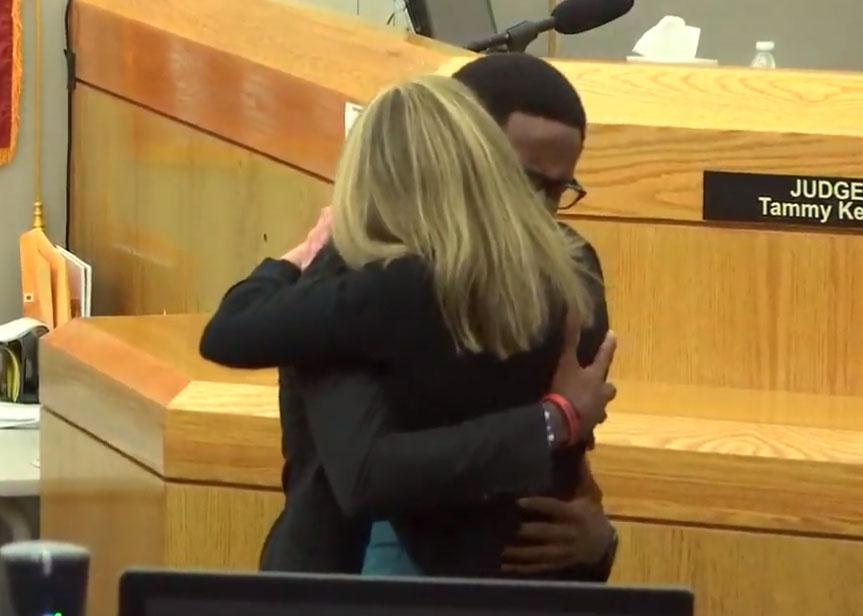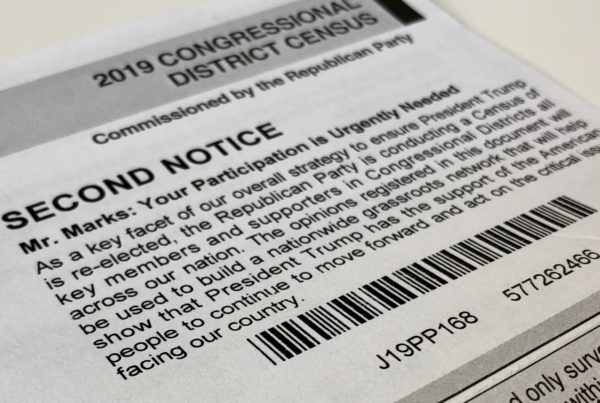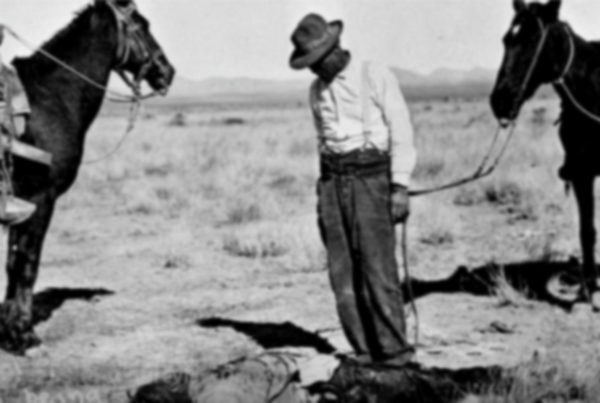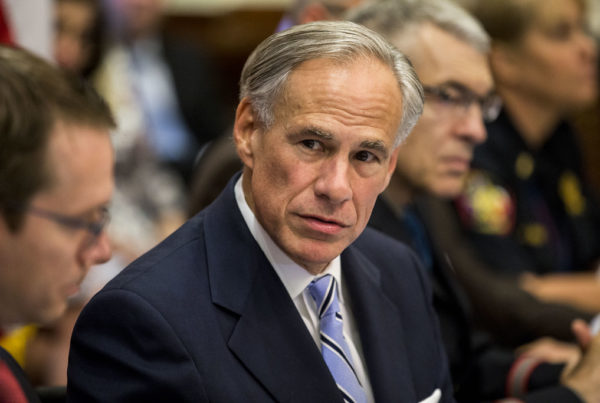The image of the hug between Brandt Jean and the former Dallas police officer who was convicted of murdering his brother, Botham, went viral on social media this week. Amber Guyger was sentenced to 10 years in prison for murdering Botham Jean, and afterward, Brandt asked if he could give Guyger a hug. It was a bold act of forgiveness, but some were bothered by how heartened people seemed to be by it, arguing that such a response perpetuates the idea that black people should forgive white perpetrators who commit crimes against them.
Adam Serwer is a San Antonio-based writer for The Atlantic who reported on the hug. Here’s what Serwer tweeted after it happened:
We would be living in a very different world if many of the people who exult in black displays of forgiveness reciprocated that grace and mercy but that’s not reflected at all in our criminal justice policy, and it makes you question what they really find compelling about it.
— Adam Serwer🍝 (@AdamSerwer) October 2, 2019
Serwer says Jean’s family has a right to deal with Guyger’s conviction however they choose. What troubles him is how some people viewed the hug as an example of how black people should react in such situations.
“People who are angry are not so much angry with the family for offering this forgiveness,” Serwer says. “They’re concerned that act of forgiveness could be misinterpreted as in a way that limits the appropriate avenues for black self-expression in reaction to systemic discrimination.”
Serwer’s own criticism draws attention not to the hug between Brandt and Guyger but to the criminal justice system in general.
“Ted Cruz said something on Twitter about what a wonderful gesture of Christian forgiveness this was. But Texas has executed something like 500 people since the ‘70s,” Serwer says. “That act of Christian forgiveness, we praise it in an individual capacity, but it’s not really reflected in our criminal justice policy.”
Serwer says that like many, he was moved by Brandt’s gesture. But it worries him that some might attach larger meaning to it that doesn’t belong.
“You have to be such an incredible person to be able to, in any sense, forgive someone who took a loved one’s life from you, particularly in this circumstance where it was just totally senseless and unnecessary,” Serwer says. “But I share the concern … that these kinds of displays sometimes get fetishized to the extent that people assume that this is the only appropriate response to being wrong.”
Serwer says a public conversation about the hug is healthy because it brings attention to concerns by black Americans that are often dismissed.
“There is just simply a long history of dismissing black concerns about the systemic discrimination by urging them to engage in this kind of forgiveness,” Serwer says. “It is one thing for the family to react like this, and it is another thing to extrapolate from that that there should be an expectation that whenever black people are wronged they should react with this almost saintly Christian forgiveness.”
Written by Antonio Cueto.















